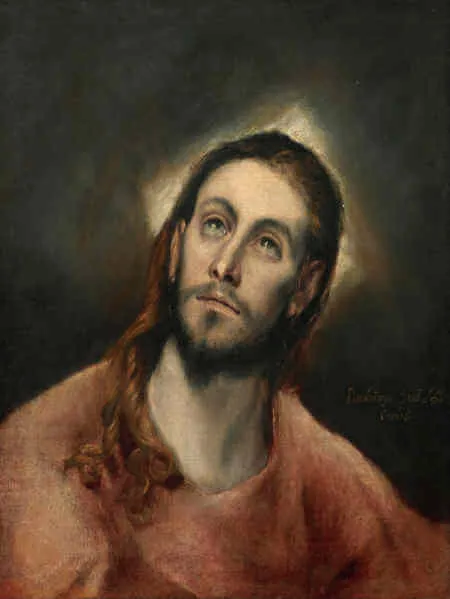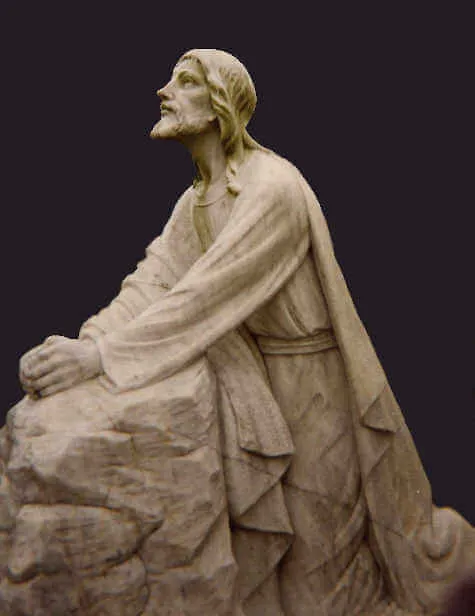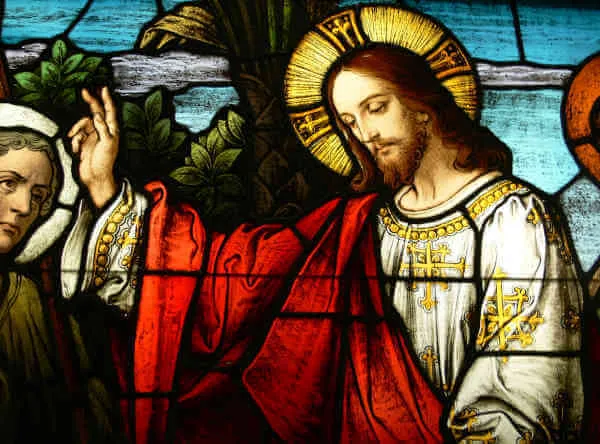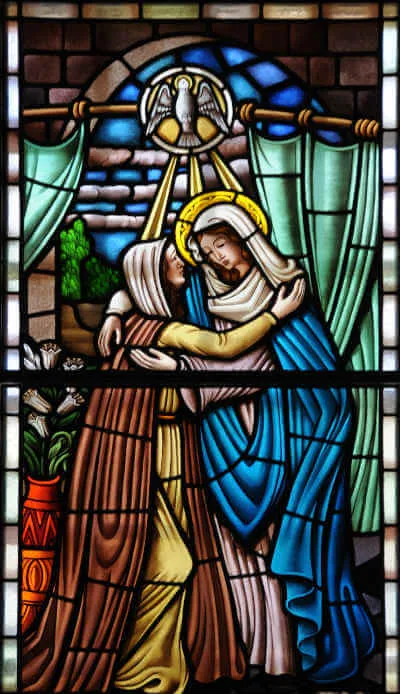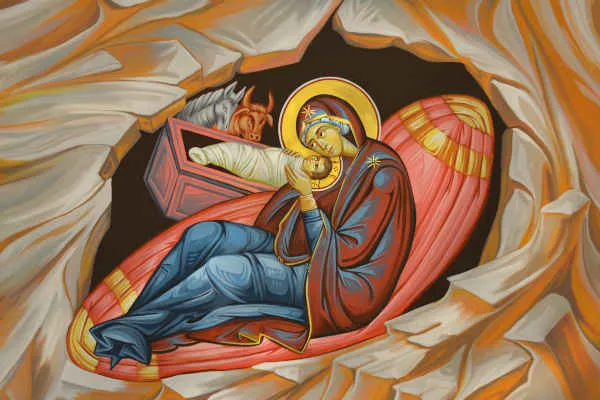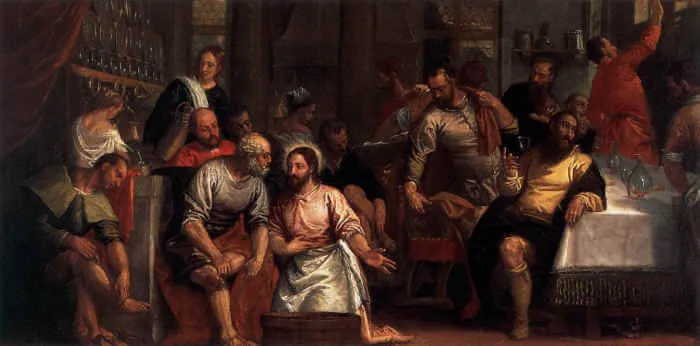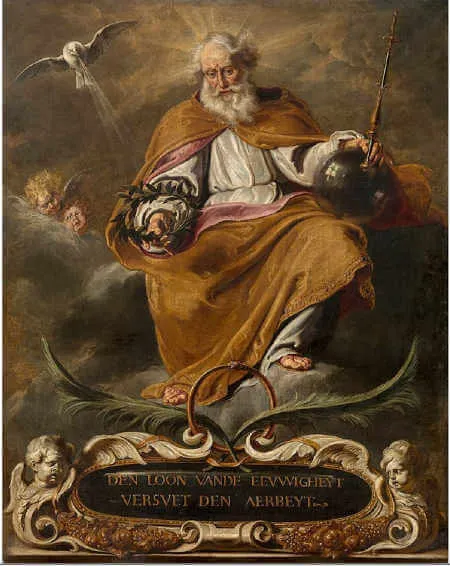John 17:20-21
Gestures of Love
Lifting up his eyes to heaven, Jesus prayed saying: “I pray not only for these, but also for those who will believe in me through their word, so that they may all be one, as you, Father, are in me and I in you, that they also may be in us, that the world may believe that you sent me.”
Reflection:
Over the past couple of weeks, we have been continually reading from Chapter 14–17 of John’s Gospel. These chapters contain Jesus’ Last Supper Discourses and provide us with Jesus’ last sermon, so to speak. Chapter 17, which we have been reading this past week, presents us with Jesus’ final prayer for His disciples and for all of us “who will believe” in Him through the preaching of the disciples. Each time we read from Chapter 17, the Lectionary begins the reading with the phrase “Lifting up his eyes to heaven, Jesus prayed saying…” That line is an adaptation of Chapter 17:1 but is used to introduce the various parts of the prayer of Jesus each time it is read at Mass.
It’s interesting that Jesus would look up to Heaven when He prayed. Of course, Heaven is not physically in the sky, because Heaven is a spiritual reality. The Father is not located in some place in the sky but is omnipresent, meaning, present all places and all times. And yet, Jesus raises His eyes upward when He prays to the Father. There is a great lesson in this.
Our physical disposition is important, at times. For example, when someone we owe respect to enters a room, we usually rise and greet them. It would be disrespectful to remain lounging on a bed or sofa in that case. And at Mass, we do not sit back with legs crossed during the Consecration; rather, we kneel in adoration. And when we greet someone for the first time, we do not look at the floor; rather, we look them in the eyes.
Jesus’ act of “Lifting his eyes to heaven” was not done because He thought He might see the Father in the sky; rather, it was done out of respect and love and as a way of acknowledging the dignity of the Father. This should teach us about our own bodily disposition and the message we communicate to others, especially to God in prayer.
When you pray, what do you do? Though you can pray at any time and while in any disposition, it is an excellent practice to speak to God not only by your words but also by the disposition you take. Kneeling, raising hands in prayer, falling prostrate before your Lord, sitting upright with attentiveness, etc., are all ways in which you communicate to God your love.
Reflect, today, upon this image of Jesus praying. Gaze at how attentive He would have been as He lifted His sacred eyes upward as a physical gesture honoring the glorious, all-powerful Father in Heaven. Try to imagine Jesus’ devotion, intensity, respect and burning love. Imitate this holy gesture of prayer and attentiveness to the Father and remind yourself of the importance of expressing your love in bodily form.
Source: https://catholic-daily-reflections.com/2025/06/04/gestures-of-love-4/


